Von der Rebe zum Wein
Der Weinberg
Das Dekor ist das eines großen Weinbergs, mit den schneebedeckten Ausläufern der Alpen im Hintergrund, mit Blick auf das blaue Wasser des Mittelmeers und das Cap d'Antibes.
Ein geschichtsträchtiger Ort
Das Château de Bellet ist ein einzigartiger Ort, umgeben von den Bergen und dem Meer, an der Spitze der AOP Bellet in den Hügeln von Nizza.
Im 18. Jahrhundert begannen die Barone von Bellet, auf diesen Hügeln Reben anzupflanzen und gaben so dem Anwesen und der Appellation ihren Namen.Die Kapelle des Anwesens, die 1873 zu Ehren von Agnès Roissard de Bellet erbaut wurde, ist eine der wichtigsten Sehenswürdigkeiten, die an das Erbe dieser bedeutenden Familie erinnern.
Heute dient diese Kapelle als Empfang, Lager und Verkostungsraum, wo Sie die gastronomischen Weine mit großem Charakter verkosten können.
Lage
Zwischen dem Meer und den Bergen gelegen, profitiert das Weingut von einem hervorragenden Terroir. Unsere zertifizierten Bio-Weine bieten Struktur, Knackigkeit und eine komplexe Aromenpalette.
Klima
Mit einer südlichen, südwestlichen Ausrichtung genießen die Parzellen das ganze Jahr über eine großzügige Menge an Sonne.
Boden
Die terrassenförmig angelegten Weinberge (Restanques) bestehen aus Poudingue ; einem kompakten Kalksandstein, der glatte Kiesel aus dem Pliozän enthält und von den Gipfeln der Alpen stammt.
Rebsorten
Die zertifizierten Bioweine resultieren aus der Vinifizierung von drei Hauptrebsorten : Rolle, Braquet und Folle Noire.
Der Weinberg
Ein hervorragendes Terroir
Das Dekor des Château de Bellet ist das eines großen Weinbergs, mit den schneebedeckten Ausläufern der Alpen im Hintergrund und dem Blick auf das blaue Wasser des Mittelmeers und des Cap d'Antibes. Die Höhenlage und die Winde ermöglichen einen langsamen Reifungsprozess der Reben und bieten genau die richtige Frische und Temperaturspanne, um große Weine mit viel Eleganz zu erzeugen.
Die gut exponierten Terrassen an diesen Hängen werden entweder durch die Meeresbrise oder durch die von den Alpen herabkommenden Böen abgekühlt. In Anbetracht dieser Bedingungen sagen einige, dass der Chateau de Bellet der nördlichste Mittelmeerwein ist.
Unsere Weine
Die Höhenlage und die Winde bieten genau die richtige Frische und Temperaturspanne, um große Weine mit viel Eleganz zu erzeugen. Die gut exponierten Terrassen an diesen Hängen werden entweder durch Meeresbrisen oder durch von den Alpen herabkommende Böen abgekühlt. Angesichts dieser Bedingungen sagen manche, dass der Chateau de Bellet der nördlichste Mittelmeerwein ist.
Ein Wort aus der Natur
" Eines Tages, vor langer Zeit und an einem weit entfernten Ort, so sagt es die Legende, wütete ein riesiger Waldbrand auf dem Lande. Alle Tiere waren verängstigt, rannten im Kreis herum, schrien, weinten und sahen hilflos der drohenden Katastrophe zu.
Aber mitten in den Flammen und über den kauernden Tieren war ein winziger Kolibri, der von einem kleinen Teich zum Feuer flog und jedes Mal ein paar Tropfen mit seinem Schnabel holte, um sie in die Flammen zu werfen. [...]
Nach einer Weile rief ein altes, griesgrämiges Gürteltier, genervt von dieser lächerlichen, nutzlosen Unruhe des Kolibris, aus:
"Kleiner Vogel! Sei kein Narr! Mit diesen winzigen Wassertropfen, einem nach dem anderen, wirst du das Feuer nicht löschen und uns alle retten! "
Worauf der Kolibri antwortete: "Kann sein, aber ich werde meinen Teil dazu beitragen."
Das ist unsere Verantwortung für die Welt, denn wir sind nicht völlig machtlos, wenn wir es wollen. "Die Legende vom Kolibri", Pierre Rabhi
Ein Wort vom Weingut
Auf Château de Bellet glauben wir, dass der Prozess der Weinherstellung, von der Rebe bis zum Wein, den das Rohmaterial sublimiert.
Unsere Winzer behandeln unser außergewöhnliches Terroir und unsere Trauben mit größtem Respekt, indem sie biologische Anbaumethoden, milde Vinifizierungs- und Ausbauprozesse sowie begrenzte Eingriffe anwenden, um große Weine zu erzeugen.
In dieser freundlichen Atmosphäre agieren Männer, Frauen und Know-how als Vermittler zwischen dem, was die Natur zu bieten hat und den außergewöhnlichen Weinen, die wir auf Château de Bellet produzieren.
Ein Wort des Teams
" Unsere gemeinsame Leidenschaft für Wein führt uns dazu, unser Terroir durch exzellente Weine auszudrücken, die wir mit unseren Kunden in geselligen Momenten teilen.
Lassen Sie uns einen köstlichen Moment teilen: besuchen Sie uns das ganze Jahr über! "
See presentation movie (in french): https://vimeo.com/234195100
Seltene Rebsorten
Der 13 ha große Weinberg wird mit biologischen Anbaumethoden bewirtschaftet. Die Barone von Bellet zählen zu den wenigen Winzerfamilien, die nach dem Zweiten Weltkrieg alte und sehr charakteristische, an dieses Terroir angepasste lokale Rebsorten wieder anpflanzten, wie den Vermentino B, der den regionalen Namen Rolle trägt und zur Herstellung von Weißweinen verwendet wird. Oder Sorten wie Braquet N und Fuella Nera (auch bekannt als Folle Noire), die auf die Herstellung von Rot- und Roséweinen beschränkt sind. Rolle, die mit den Terroirs der Provence assoziiert wird, wird in den Anbaugebieten der Appellation angepflanzt. Darüber hinaus verbinden historische Dokumente über den Weinbau die Weine von Bellet immer mit BRAQUET, einer einheimischen Rebsorte. Tatsächlich ist sie nach einer alten Familie aus Nizza benannt.Um eine weitere aromatische Komplexität zu gewährleisten, profitiert der Weinberg von einer dritten Rebsorte, die für ihren verrückten Charakter bekannt ist, daher ihr Name - Folle Noire.
Die Vinifizierung dieser seltenen Rebsorten führt zu außergewöhnlichen Weinen.

Château de Bellet 1930
From vines to wines
The vineyard
Its decor is that of a great vineyard, with in the background, the snow-laden foothills of the Alps, overlooking the blue waters of the Mediterranean sea and Cap d’Antibes.
A place steeped in history
Château de Bellet is a unique site surrounded by the mountains and the sea situated at the peak of the AOP Bellet in the hills of Nice.
During the eighteenth century, the Barons of Bellet started planting vines on these hills, thus giving their name to both the estate and the appellation.
The property’s Chapel, built in honor of Agnès Roissard de Bellet in 1873, is one of the major landmarks recalling the heritage of this illustrious family.
Today, this Chapel serves as the reception, store and tasting room where you will be able to taste the gastronomic wines of great character.
The history oft he estate
Location
Situated between the sea and the mountains, the vineyard benefits from an outstanding terroir. Our certified organic wines offer structure, crispness and a complex range of aromas.
Climate
With a south, south-west exposure, the parcels enjoy a generous amount of sunshine all year long.
Soil
The vineyard built into terraces (Restanques) is made of Poudingue ; a compact sand-lime cement, containing Pliocene smooth pebbles, originating from the top of the Alps.
Grape Varieties
The certified organic wines result from the vinification of three main grape varieties : Rolle, Braquet and Folle Noire.
The vineyard
An outstanding terroir
Château de Bellet’s decor is that of a great vineyard, with in the background, the snow-laden foothills of the Alps and overlooking the blue waters of the Mediterranean sea and Cap d’Antibes.
The altitude and the winds allow a slow maturation process of the vines and offer just the right freshness and range in temperature required to produce great wines with plenty of elegance.
The well-exposed terraces on these slopes are cooled down either by sea breezes or by gusts descending from the Alps.
Considering these conditions, some say that Chateau de Bellet is the most northern Mediterranean wine.
Our wines
The altitude and the winds offer just the right freshness and range in temperature required to produce great wines with plenty of elegance. The well-exposed terraces on these slopes are cooled down either by sea breezes or by gusts descending from the Alps. In light of these conditions, some say that Chateau de Bellet is the most northern Mediterranean wine.
A word from nature
« One day, a long time ago and in a faraway place, or so the legend goes, there was a huge forest fire that was raging the countryside. Alle the animals were terrified, running around in circles, screaming, crying and helplessly watching the impending disaster.
But there in the middle of the flames, and above the cowering animals, was a tiny hummingbird busy flying from a small pond to the fire, each time fetching a few drops with its beak to throw on the flames. […]
After a while, an old grouchy armadillo, annoyed by this ridiculous useless agitation on the part of the hummingbird, cried out :
“Tiny bird! Don’t be a fool. It is not with those miniscule drops of water one after the other that you are going to put out the fire and save us all ! ”
To which the hummingbird replied, “Could be, but I’m going to do my bit”.
Such is our responsibility to the world for we are not completely powerless if we so choose. »The Legend of the Hummingbird, Pierre Rabhi
A word from the estate
At Château de Bellet we believe that the vinifaction process, from vine to wine, should
sublimate the raw material.
Our winemakers treat our exceptional Terroir and grapes with the greatest of respect using organic farming methods, mild vinification and ageing procedures as well as limited interventions to produce great wines.
It is in this friendly atmosphere that men, women and know-hows act as intermediaries between what nature has to offer and the exceptional wines we produce at Château de Bellet.
A word from the team
« Our common passion for wine leads us to express our terroir through wines of excellence that we share with our customers through convivial moments.
Let’s share a delicious moment : visit us all year long ! »
See presentation movie (in french): https://vimeo.com/234195100
Our wines
The altitude and the winds offer just the right freshness and range in temperature required to produce great wines with plenty of elegance.
The well-exposed terraces on these slopes are cooled down either by sea breezes or by gusts descending from the Alps. In light of these conditions, some say that Chateau de Bellet is the most northern Mediterranean wine.
A word from nature
« One day, a long time ago and in a faraway place, or so the legend goes, there was a huge forest fire that was raging the countryside. Alle the animals were terrified, running around in circles, screaming, crying and helplessly watching the impending disaster.
But there in the middle of the flames, and above the cowering animals, was a tiny hummingbird busy flying from a small pond to the fire, each time fetching a few drops with its beak to throw on the flames. […]
After a while, an old grouchy armadillo, annoyed by this ridiculous useless agitation on the part of the hummingbird, cried out :
“Tiny bird! Don’t be a fool. It is not with those miniscule drops of water one after the other that you are going to put out the fire and save us all ! ”
To which the hummingbird replied, “Could be, but I’m going to do my bit”.
Such is our responsibility to the world for we are not completely powerless if we so choose. »The Legend of the Hummingbird, Pierre Rabhi
A word from the estate
At Château de Bellet we believe that the vinifaction process, from vine to wine, should
sublimate the raw material.
Our winemakers treat our exceptional Terroir and grapes with the greatest of respect using organic farming methods, mild vinification and ageing procedures as well as limited interventions to produce great wines.
It is in this friendly atmosphere that men, women and know-hows act as intermediaries between what nature has to offer and the exceptional wines we produce at Château de Bellet.
A word from the team
« Our common passion for wine leads us to express our terroir through wines of excellence that we share with our customers through convivial moments.
Let’s share a delicious moment : visit us all year long ! »
See presentation movie (in french): https://vimeo.com/234195100
Rare grape varieties
The 13Ha wide vineyard is grown with organic agricultural methods.
The Barons of Bellet count among the handful of winegrowing families, who after World War II, replanted old and very characteristic local grape varieties, adapted to this terroir, such as Vermentino B, bearing the regional name of Rolle and used to make white wines. Or varieties such as Braquet N and Fuella Nera (also known as Folle Noire), limited to the production of reds and rosés.
Rolle, associated with the terroirs of Provence, is planted in appellation areas of production. In addition, historic documents about viticulture always link the wines of Bellet to BRAQUET a native grape variety. Indeed, it is called after an old family from Nice.
In view of ensuring further aromatic complexity, the vineyard benefits from a third variety, known for its crazy character, hence its name – Folle Noire.
The vinification of those rare grape varieties result in exceptional wines.

Château de Bellet 1930

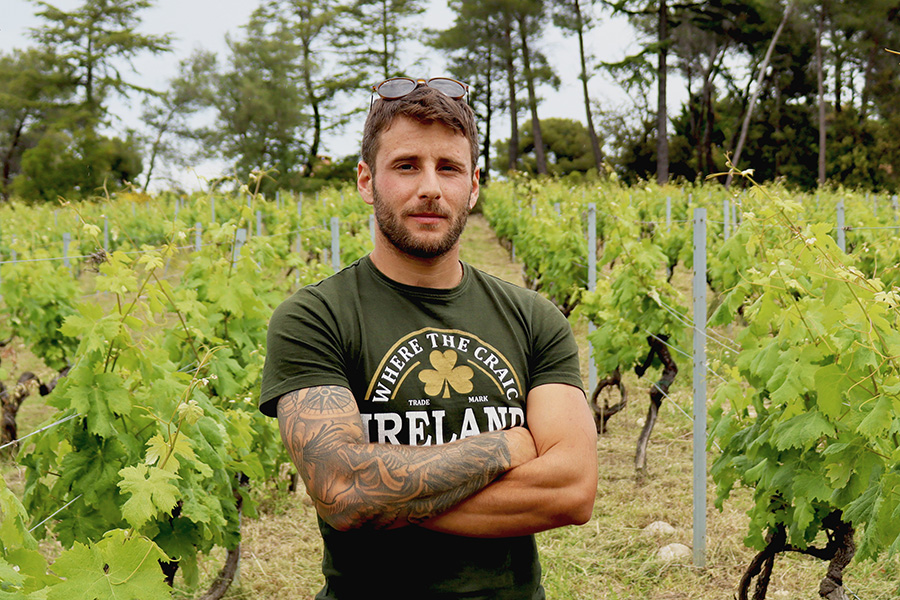

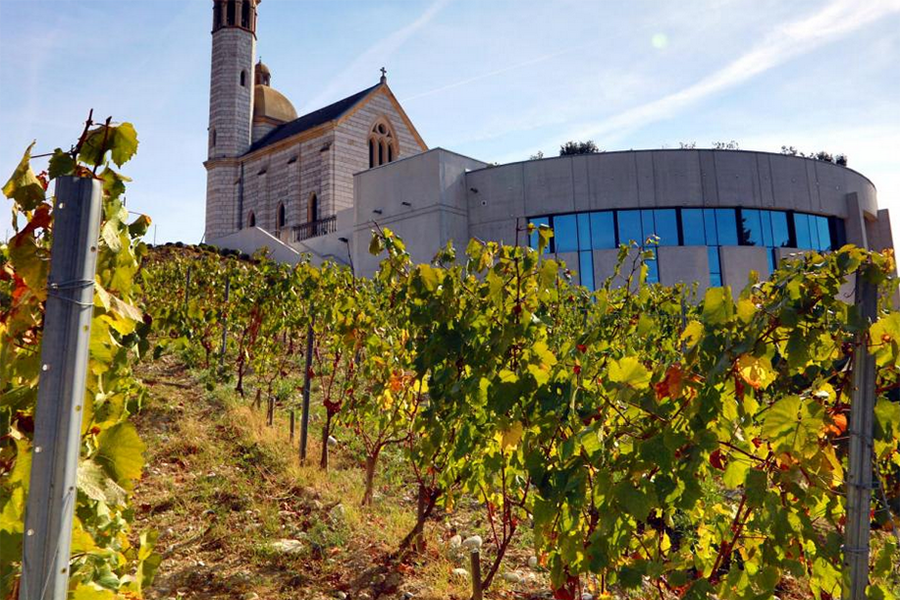
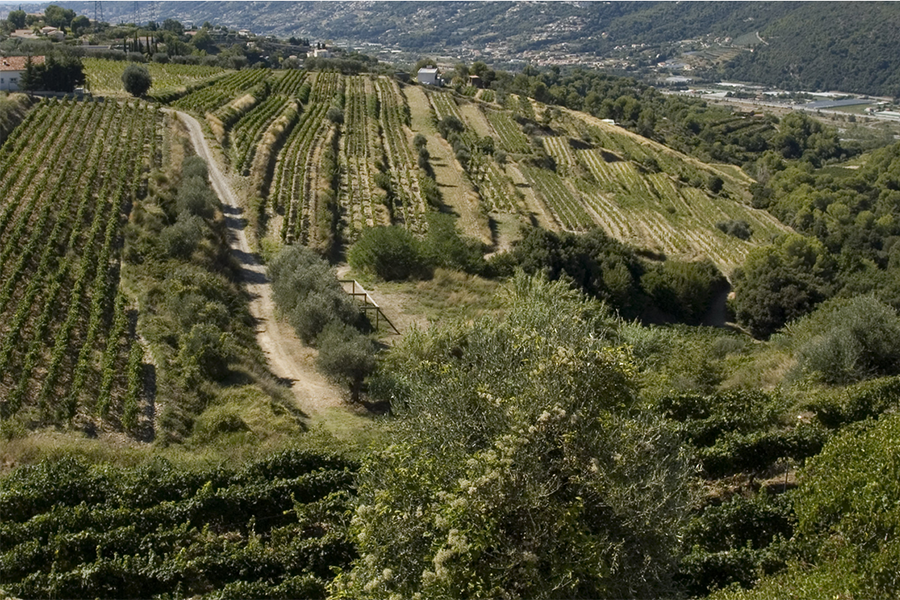

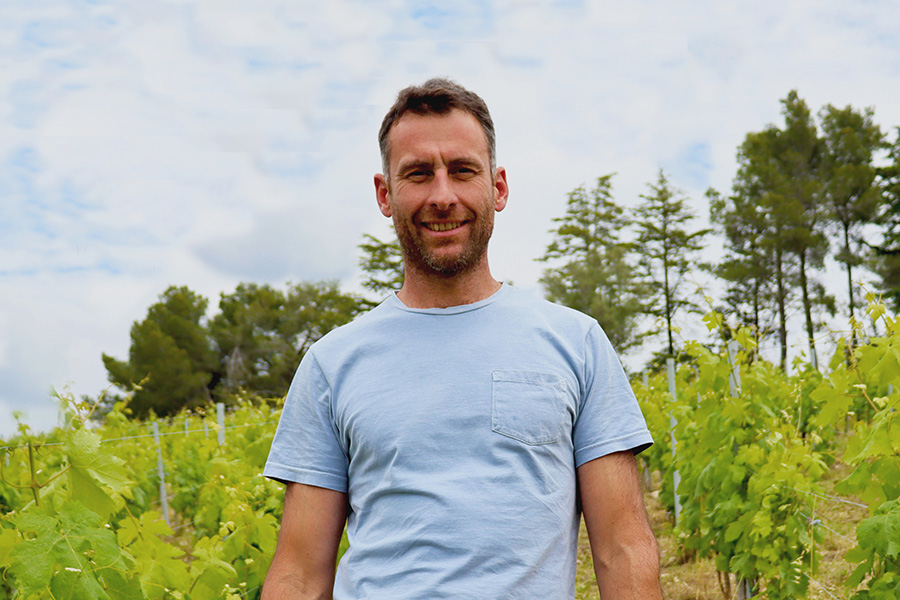
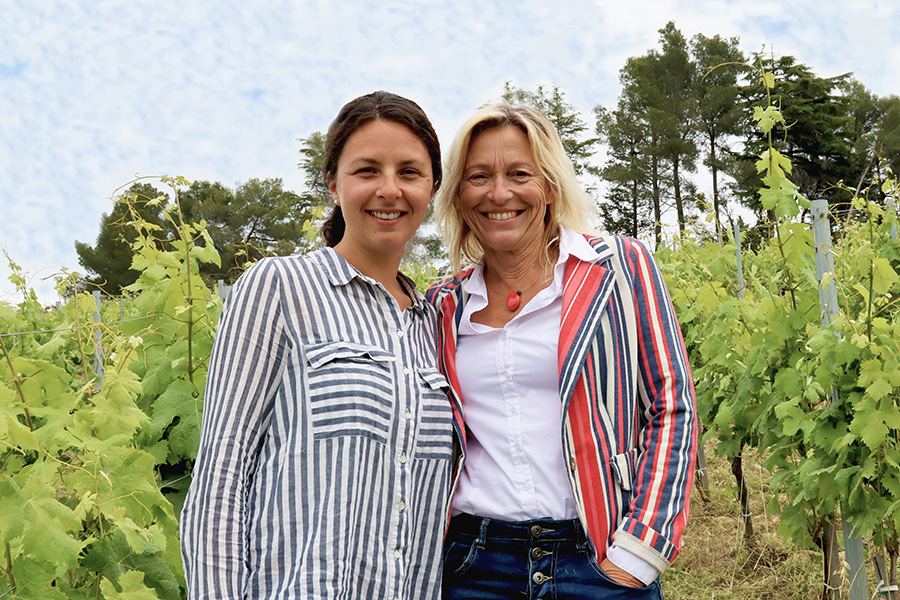
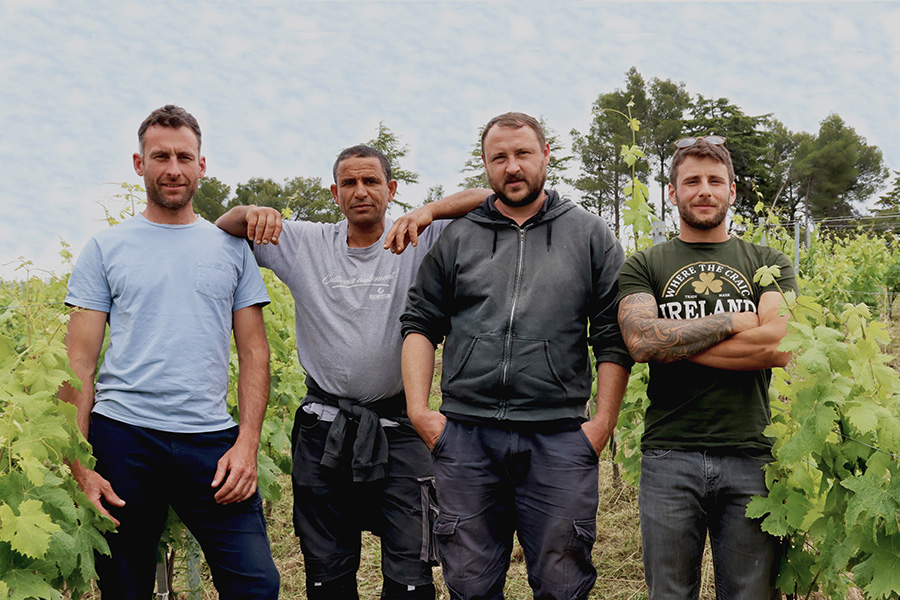
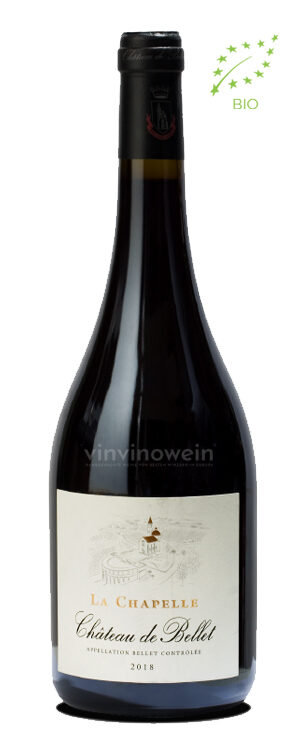
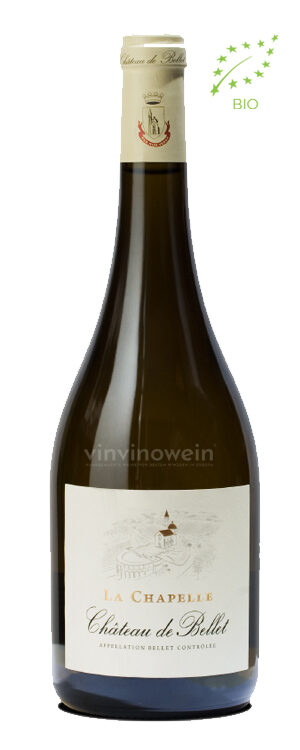
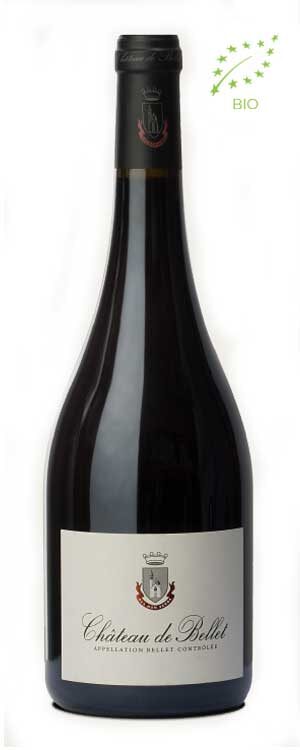
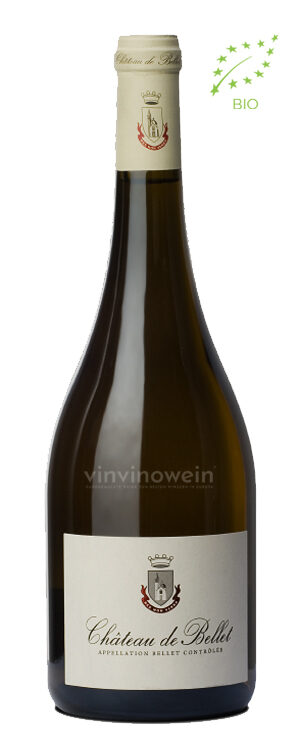
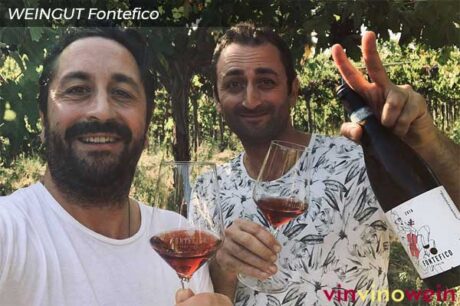
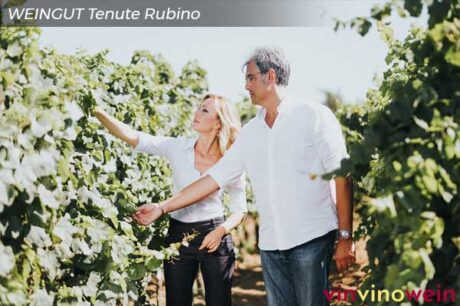
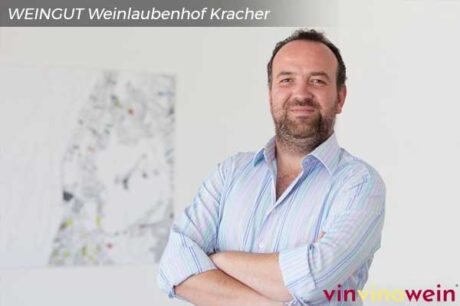

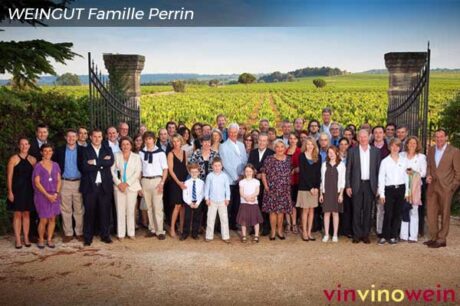
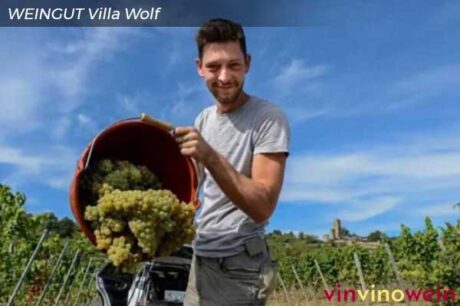
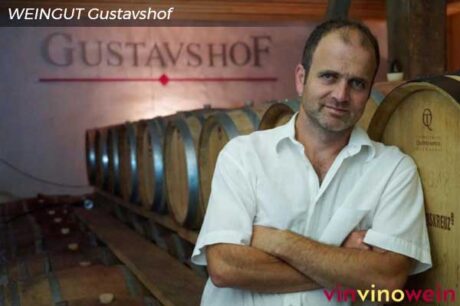
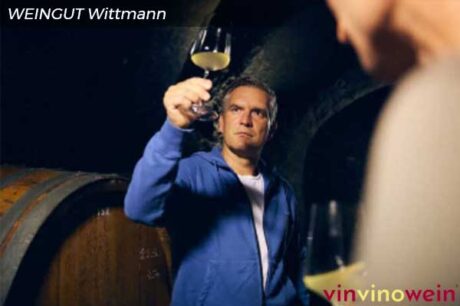
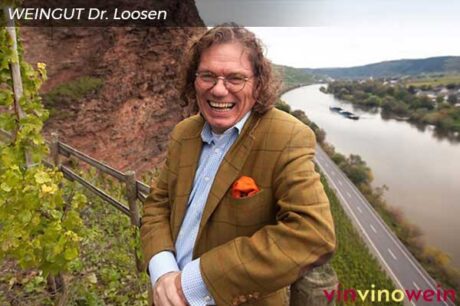

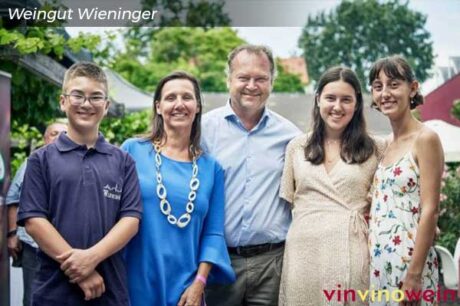

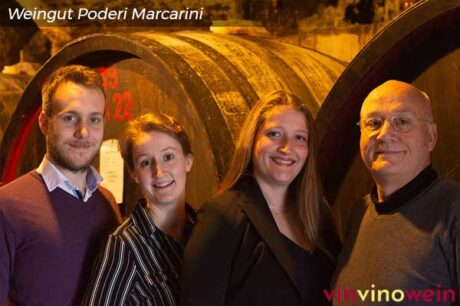
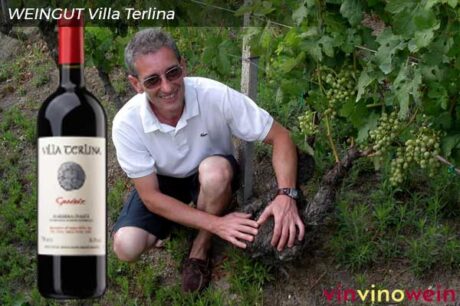
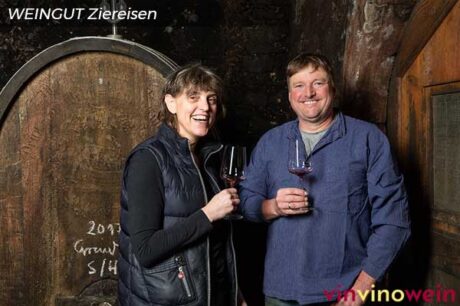
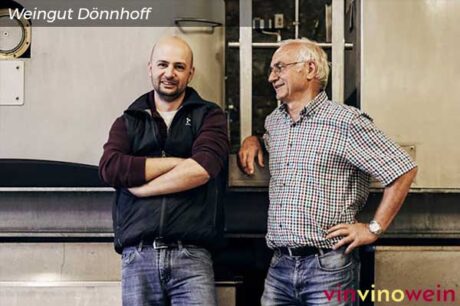
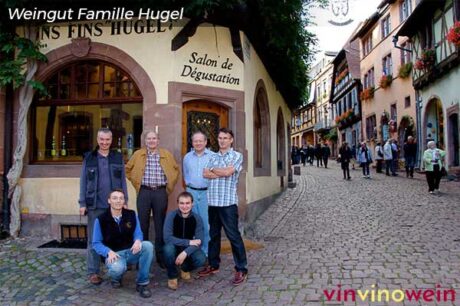
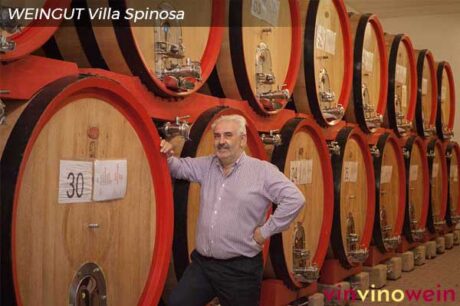
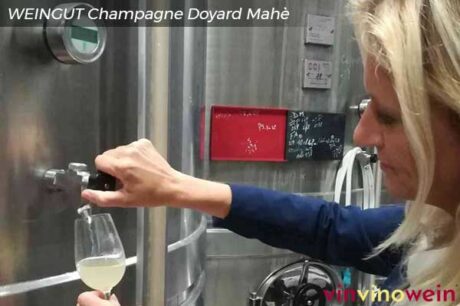
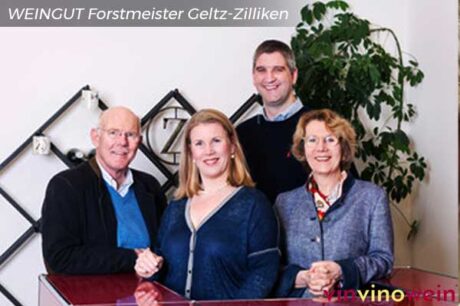
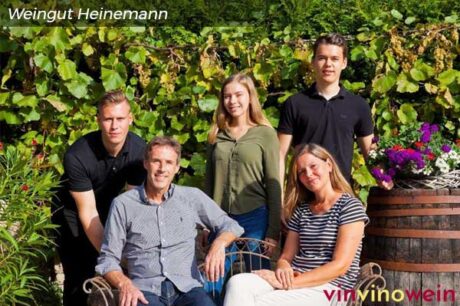
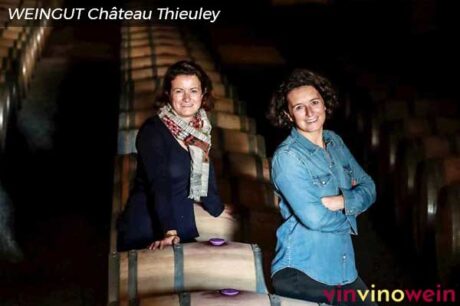
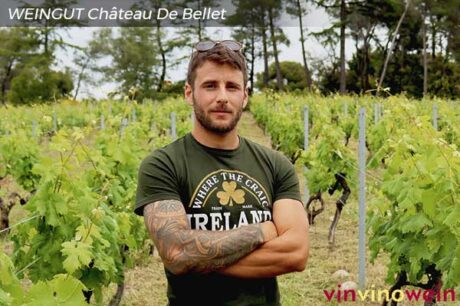
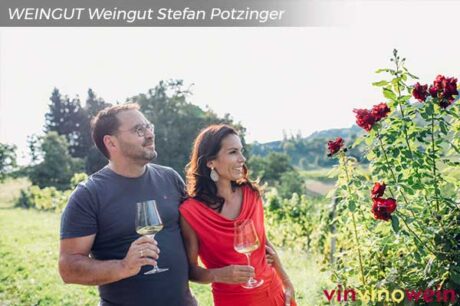


 Weinberatung
Weinberatung